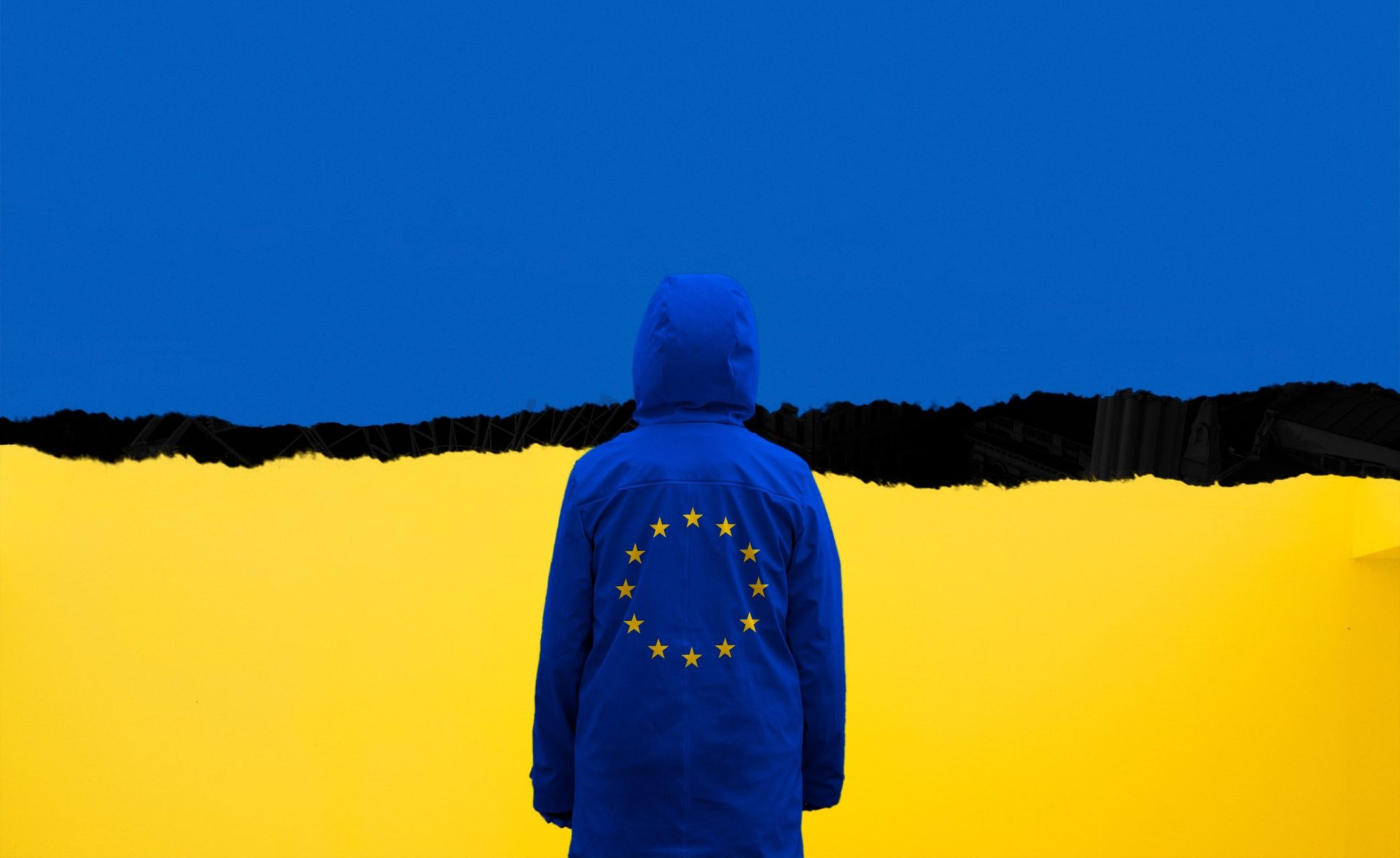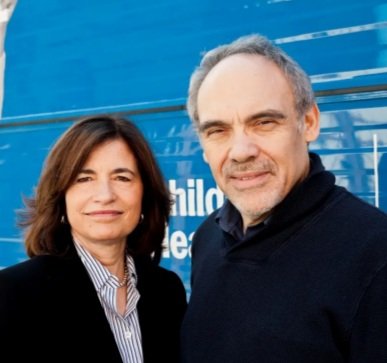
Last week in Lviv was particularly productive for Karen and me.
Although warnings to Americans to stay out of Ukraine were becoming increasingly intense, we were getting mixed signals from our friends in-country. Their message was, in essence, that this decision should be entirely one of risk versus benefit. In other words, were the meetings we had planned essential to what we were trying to accomplish with the work of our new foundation, Ukraine Children’s Action Project This is how we parsed the decision: Lviv? Yes, we needed to be there. Kyiv? Not so much. (Next time, though…)
After a tumultuous and long-delayed flight, we arrived in Warsaw at about 4:30 AM, where we were picked up by our Ukrainian team a few hours later for the car ride to Lviv. As is fairly typical, the ride took about 11 hours -including a 4.5-hour border crossing into Ukraine. (Think about a separate truck line of at least 3 – 4 miles: Those truckers crossing that border station would take anywhere from 3 – 10 days! Oy… )
The next morning Karen visited four shelters filled with mothers and children who had fled for their lives as their homes and apartment buildings in eastern and southern Ukraine towns were being indiscriminately bombarded by the Russians. Fathers were noticeably absent; virtually all had volunteered to join the Ukrainian military or humanitarian efforts.
Psychological trauma is extensive and devastating for school-age kids and adolescents. We spoke with Alexander, a 5-year-old boy from Donbas, who told us that he and his mother ”escaped the enemy.” His mother said that they had stayed underground for two weeks, until their building took a direct hit and they fled via a harrowing road trip to Lviv, leaving dad behind to help with humanitarian assistance. We heard too many stories like this. That said, none were as heartbreaking as the stories of children hospitalized with traumatic amputations, head injuries, and in a few instances, witnessing parents killed by missile strikes or murdered by Russian ground troops.
Hundreds of thousands of kids were settling in the Lviv region- all struggling. That said, they are getting lots of help from incredibly dedicated local officials and NGOs who are trying to identify suitable shelter and school placements, as they’re just weeks away from the September 1st start of the school year. To make matters even more complicated, officials are anticipating severe heating oil shortages this winter, adding even more hardship to everything else.
Meetings in appointments in Lviv included very warm visits with the regional governor, health minister, mayor of the City of Lviv, deputies, and a couple of members of the Ukraine National Parliament. Our purpose was to present a proposal entitled, Future Ready, which would ensure that all displaced kids would be in a school where they would be screened and treated for “health barriers to learning” in classrooms prepared to deal with large numbers of psychologically-traumatized children. We are also proposing this for refugee kids in Warsaw.
Another challenge was shared by Natalia Pipa, a member of Parliament on the education committee. She told us that money for some elementary-grade textbooks had been diverted for the war effort. Moreover, there is a serious shortage of laptops and tablets for displaced kids to be able to study online. One problem after another.
Other particularly instructive meetings included a great session with about 100 teachers and school psychologists where we presented a Future Ready PowerPoint. On our last day in Lviv, I presented to several dozen pediatricians, primary care providers, and mental health professionals. Most remarkable was a tour of the new hospital in process of being built. Many departments are up and running, including a beautiful new psychiatric unit embedded in the general hospital (a first in Ukraine). Most amazing was perhaps the transplant service that has already completed 43 operations this year alone, including kidney, liver, heart, and one lung procedures with just two fatalities, one from an unavoidable underlying disease. The head of the transplant team, Dr. Maksym Ovechko, is a remarkable surgeon – and just 28 years old! (that’s right… 28) His two colleague surgeons are 27 and 26 respectively. We were floored…
During the peak of the 2020 pandemic, they carried a census of COVID patients reaching as many as 900 on any given day. Things have been calmer lately, much like in the U.S., but similar to the States, cases are starting to creep up again; 7 admissions in the last few days. Unfortunately, there is no Paxlovid available – and no capacity in Lviv to identify specific variants.
That’s it for now. More to come after our meetings in Warsaw. Follow me on Twitter @IrwinRedlenerMD. And please check out our website: UkraineCAP.org

Irwin Redlener
(right) Irwin Redlener is a pediatrician and co-founder, with Karen, of the Ukraine Children’s Action Project (UkraineCAP.org). He is also co-founder with Karen – and singer/ songwriter Paul Simon – of the U.S. – based Children’s Health Fund. Dr. Redlener is the founding director of the National Center for Disaster Preparedness at Columbia University and a professor of pediatrics at the Albert Einstein College of Medicine.
Karen Redlener
(left) Karen Redlener is co-founder with Irwin of the Ukraine Children’s Action Project and co-founder of Children’s Health Fund. Karen was director of Children’s Health Fund’s Healthy and Ready to Learn project.






